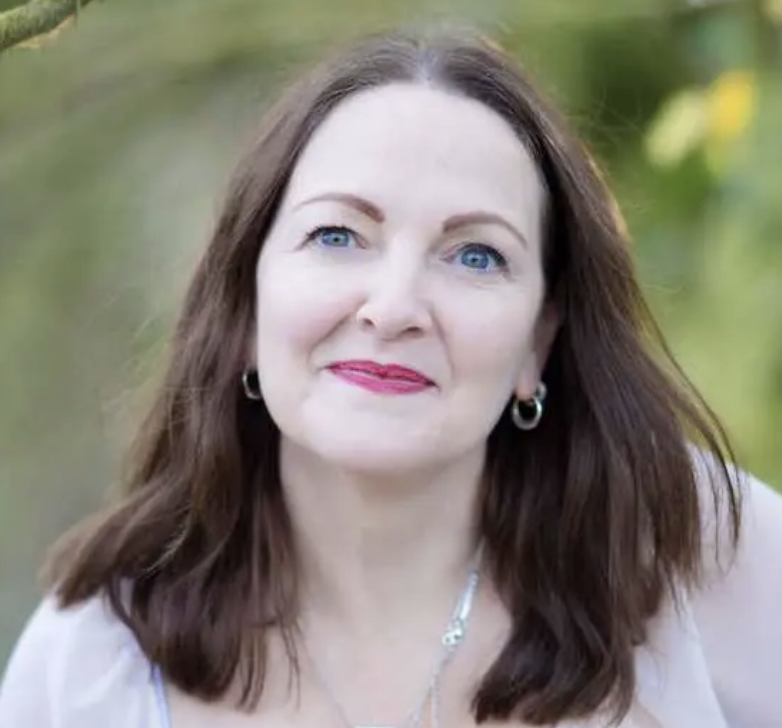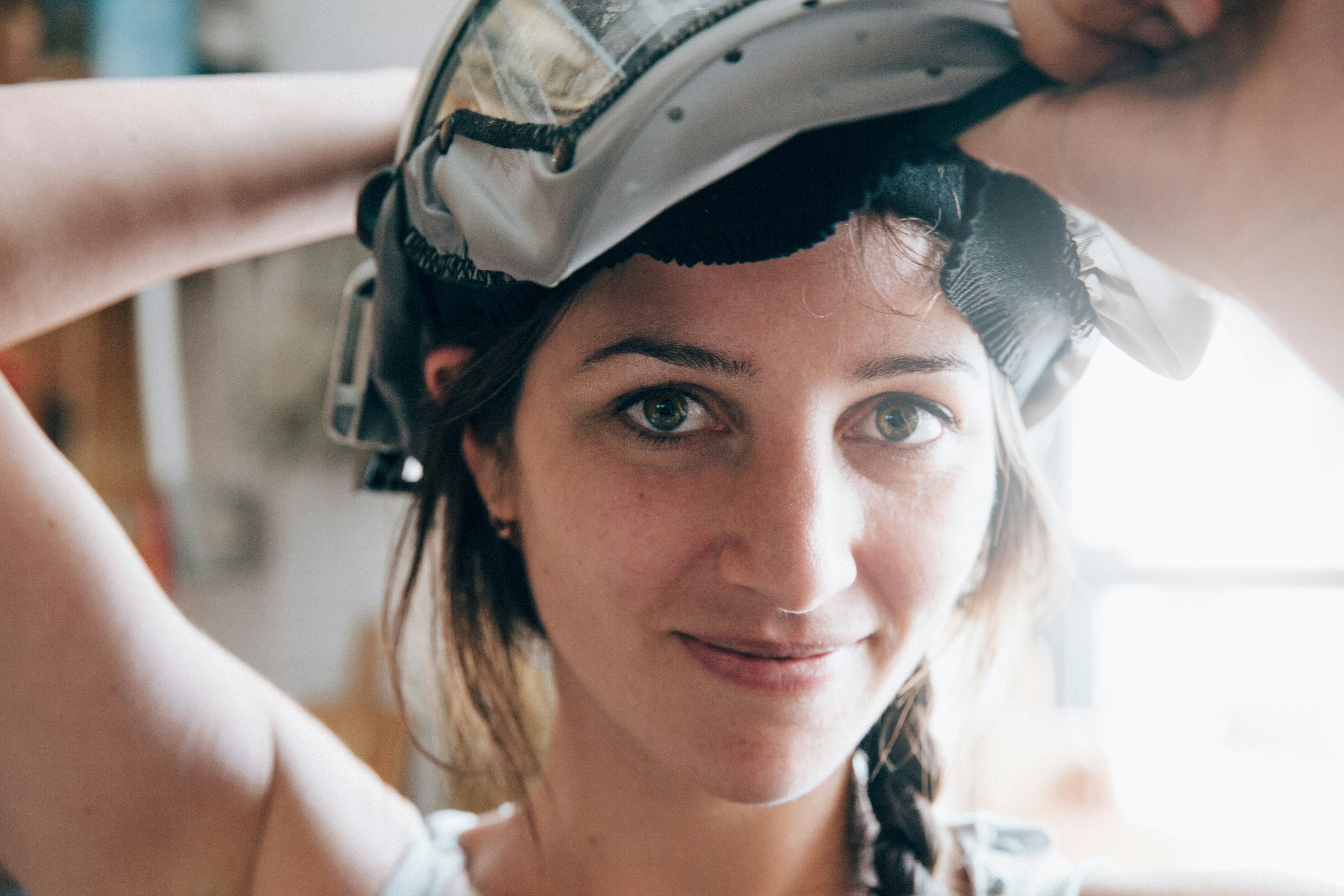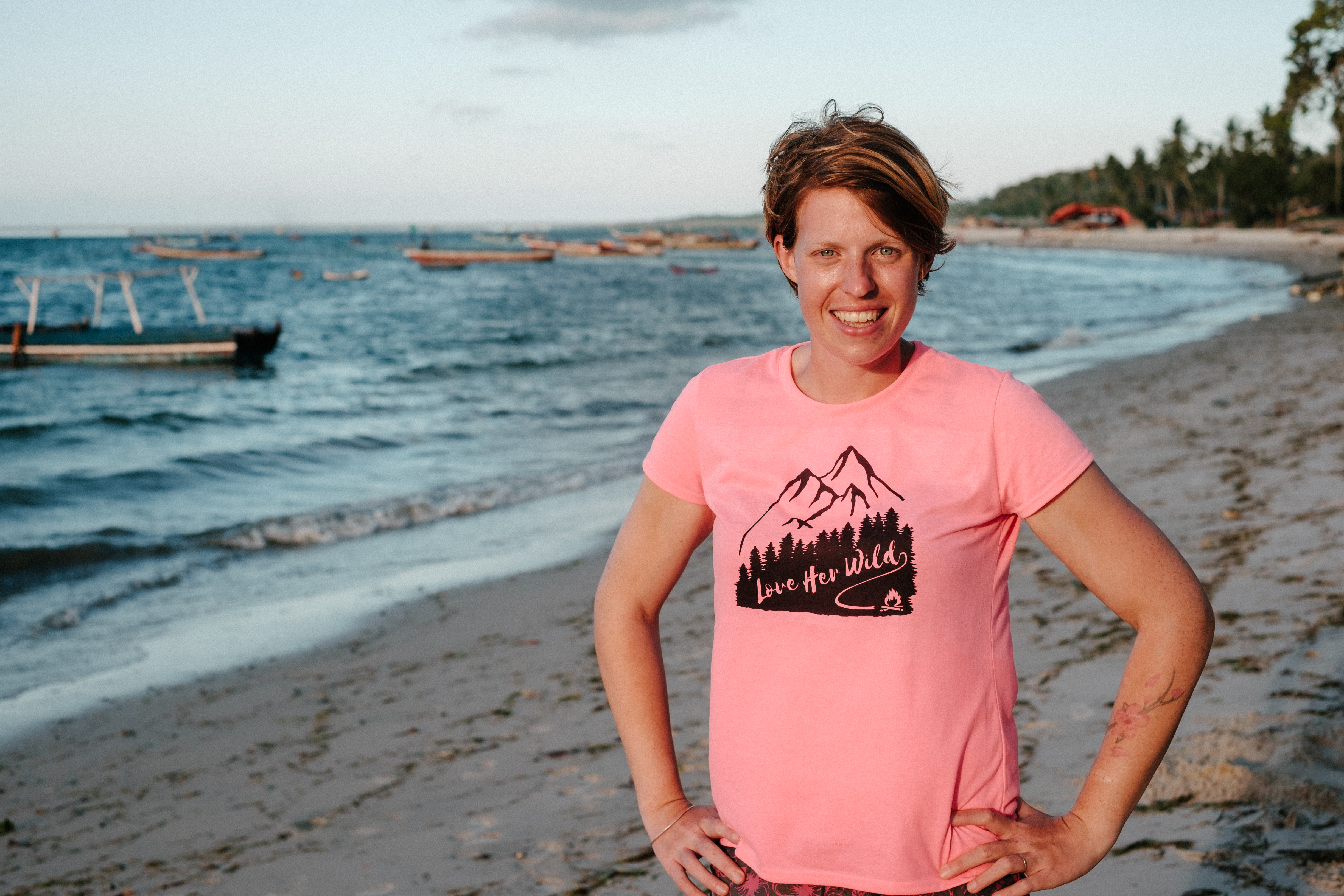As we enter a new year, I'm sitting in the tension of the opposites of both the richness and the horror of the year that has passed and feeling the resonance of multiple endings, both personal and cultural.
I have been caught in liminal space for much of the year, unsure of where life and the planet is heading and often unsure of how to be and what to say. Against a backdrop of increasing violence and destruction, I am drawn to return to the feminine and the values that are often obliterated in our culture. In particular I've been deepening my study of the work of Jungian analyst, Marion Woodman who wrote much on the importance of bringing the feminine to consciousness. She argued that individuals and societies were meant to grow, and that our best chance for growth is to return the feminine to our culture.
This exploration takes me to Rhode Island to run women's retreats with Jungian coach, Sil Read who trained for over twenty years with Marion Woodman. The week-long retreats offer a collective space for women to come home to themselves through creativity, dream analysis and storytelling. I have witnessed profound connection and transformation and the incredible power of doing deep work in a community of women.
I'm weaving the threads of my learning from this experience into my one to one practice and also in groups, through a women's circle, which I lead in London and an online reading circle to go deeper into Marion Woodman's book, The Pregnant Virgin.
I am especially loving working with women across generations as they begin to question and explore their own relationship with the feminine and are curious about their inner life, which may look very different to what has been prescribed for them by others.
However, this is more than a personal quest, leading others in their own personal quest. It's more systemic than that. "The Hundredth Monkey" is a story inspiring this work. It is based on Rupert Sheldrake's Morphic Field Theory which posits that a change in the behaviour of a whole species takes place when a critical mass is reached.
"Off the shore of Japan, scientists had been studying monkey colonies on many separate islands for over thirty years. In order to keep track of the monkeys, they would lure them out of the trees by dropping sweet potatoes on the beach. The monkeys came to enjoy this free lunch, and were in plain sight where they could be observed. One day an eighteen-month old female monkey named Imo started to wash her sweet potato in the sea before eating it. I imagine that it tasted better without the grit and sand or pesticides, or maybe it was even slightly salty and that was good. Imo showed her playmates and her mother how to do this, her friends showed their mothers, and gradually more and more monkeys began to wash their sweet potatoes instead of eating them grit and all. At first only the female adults imitated their children, but gradually others did also.
One day, the scientists observed that all the monkeys on that particular island washed their sweet potatoes before eating them. Although this was significant, what was even more fascinating was that this change in monkey behaviour did not take place only on this one island. Suddenly the monkeys on all the other islands were now washing their sweet potatoes as well - despite the fact that monkey colonies on the different islands had no direct contact with each other.
The hundredth monkey was the hypothesised anonymous monkey that tipped the scales for the species: the one whose change in behaviour meant that all monkeys would from then on wash their sweet potatoes before eating them."
How amazing is that? The monkeys just "knew" to wash their sweet potatoes.
This story is retold by Jean Shinola Boden in The Millionth Circle, in which she argues that in order for human culture to change and in particular for patriarchy to be balanced out by feminine values, which include care, compassion, empathy, relationship, indigenous wisdom and connectedness to all living beings, then we need our own "hundredth monkey". In her view, gathering in women's circles is the behaviour that might just tip that change. But not underestimating the scale of that challenge, she writes: "for patriarchy to change, there has to be a millionth circle."
When I first read this book, I took it to heart. I had just read Circle of Stones by Judith Duerk where she asks: " How might your life have been different if there had been a place for you? A place for you to go ...a place to help you learn the ways of woman...a place where you were nurtured from an ancient flow sustaining you and steadying you as you sought to become yourself. A place of women to help you find and trust the ancient flow already there within yourself...waiting to be released...A place of women ... How might your life be different?"
Reading that, I imagine the many ways in which life might have been different, and grieve what has not been possible for most of us. As women we experience multiple metamorpheses in our lives. Once upon a time, these moments would have been marked by ritual and so imbued with meaning as we transition from one life stage into another. However, in our neoliberal western culture we are conditioned to sleepwalk our way through the most significant moments, refusing the transitions that have the potential to initiate us.
Jungian analyst and author, Francis Weller writes: "Initiation practices break us open to the widest possible identity" but we are no longer part of an "Initiation Culture" but live instead in a "Trauma Culture."
This is true for all of us, whatever our gender. However for women, the absence of a place where we can find our true voice, is particularly marked because we live in a culture that does not recognise or value this voice. Carol Gilligan's groundbreaking research in the 1970s, captured in her book In A Different Voice, speaks to this. She noticed how theorists had traditionally focussed their studies on the development of men and less so on women. Freud, Erikson, Piaget & Kohlberg all "confessed to being puzzled by women, whom they observed to be less developed than men both in their sense of self and in their capacity for moral judgment." When looking through a male lens, women are found wanting because they do not fit the criteria that naturally apply to men. However, what Gilligan observed in her own interviews with women, was that they started the conversation from a different vantage point - from a point of connectedness rather than separateness. It is this connectedness that is seen by the male theorists to "get in the way" of identity and moral judgments.
She observed that girls tend to put more emphasis on relationship and fear being alone. This means that they often miss out on individuation - the stage where they learn who they are and what is important to them - as they move quickly from being parented and often the child that their parents want them to be to being in a romantic relationship and being the woman their partner wants them to be . This is why "a place of women" becomes so important. A place where a girl moving into womanhood, can begin to discern who she is in relation to herself as well as the world at large. A place where she can discover and practice the "difference" in her voice and learn to express it.
So this is my small part in creating these spaces and I have been so touched by what emerges when we gather. I've also felt enlivened, sometimes enraged as we connect with the sacred and archetypal rage of what it means for all of us to lose connection to the feminine in ourselves and in our world; I feel fierceness and passion and potency as we re member and re discover the practices and movements that initiate; I feel the collective celebration of women initiating women. I feel the joy of our connection and belonging.





